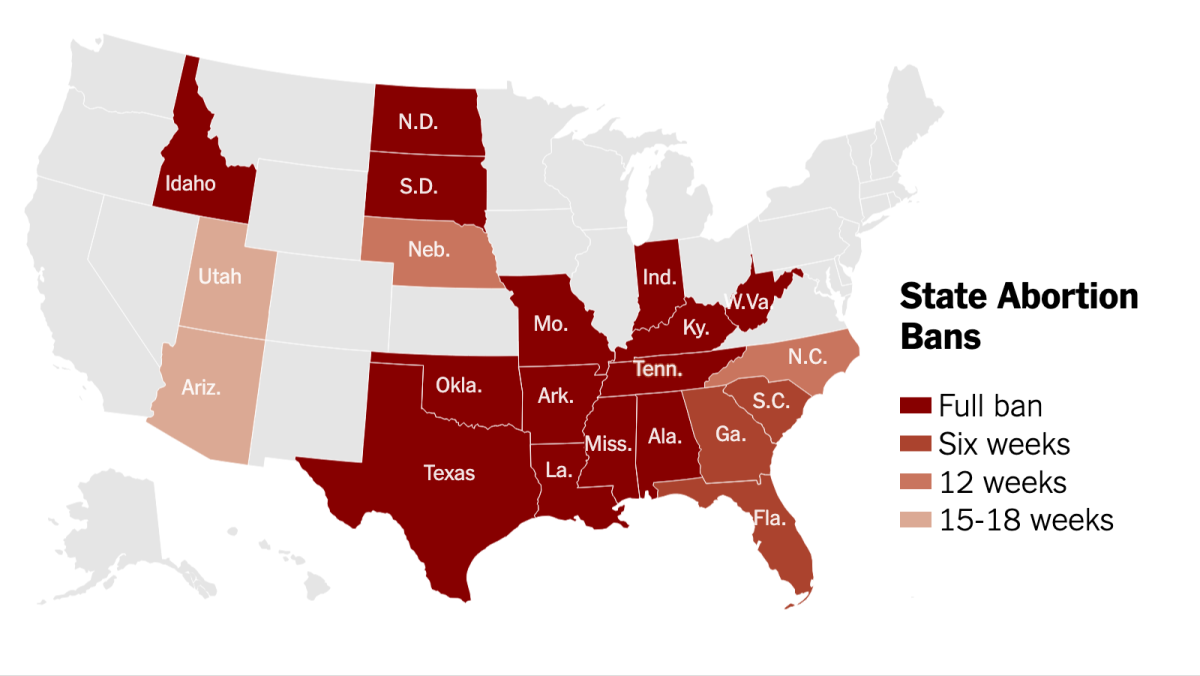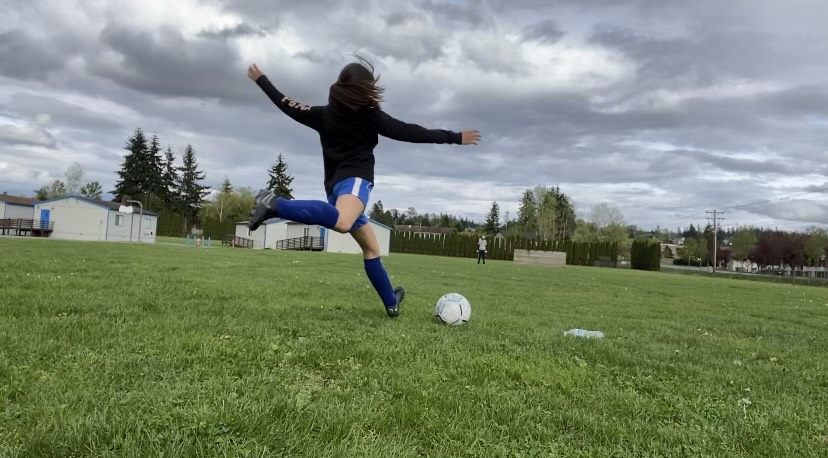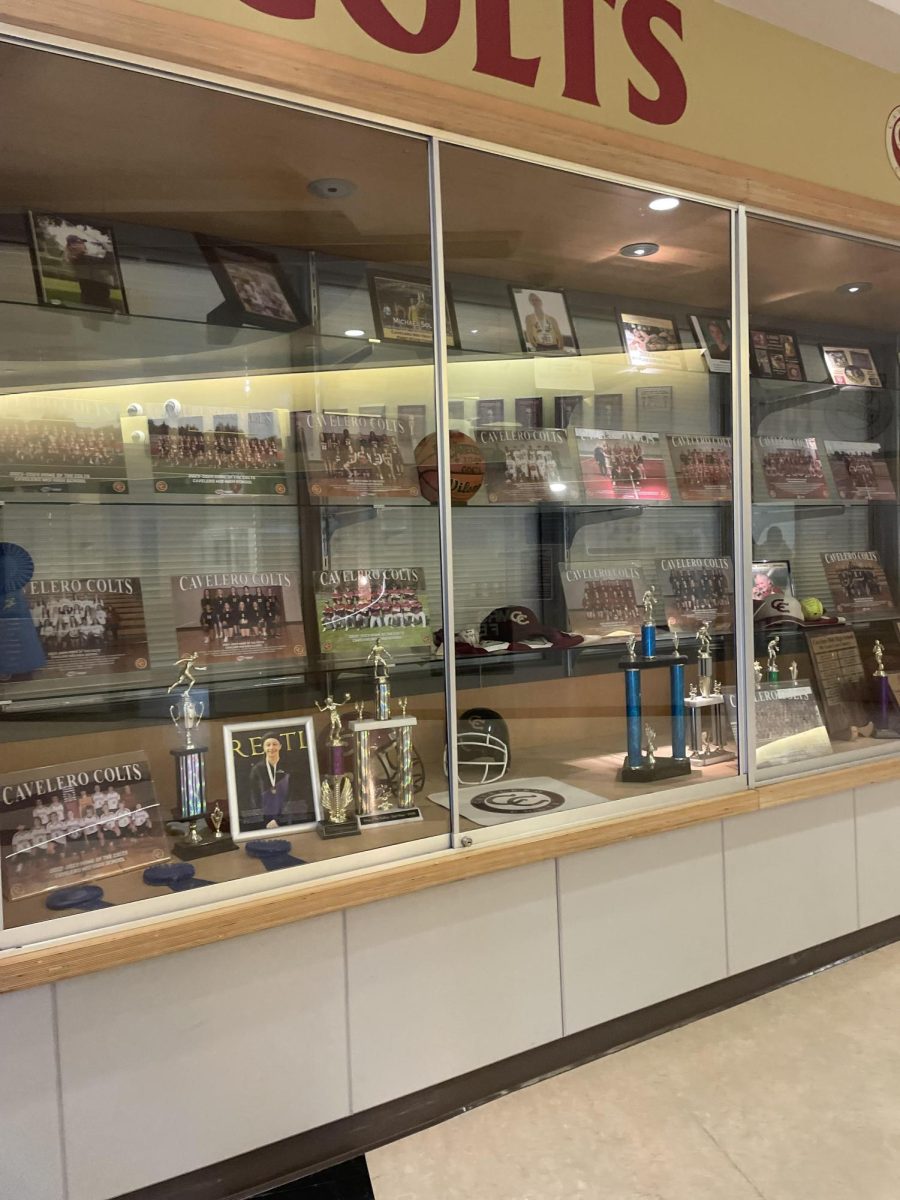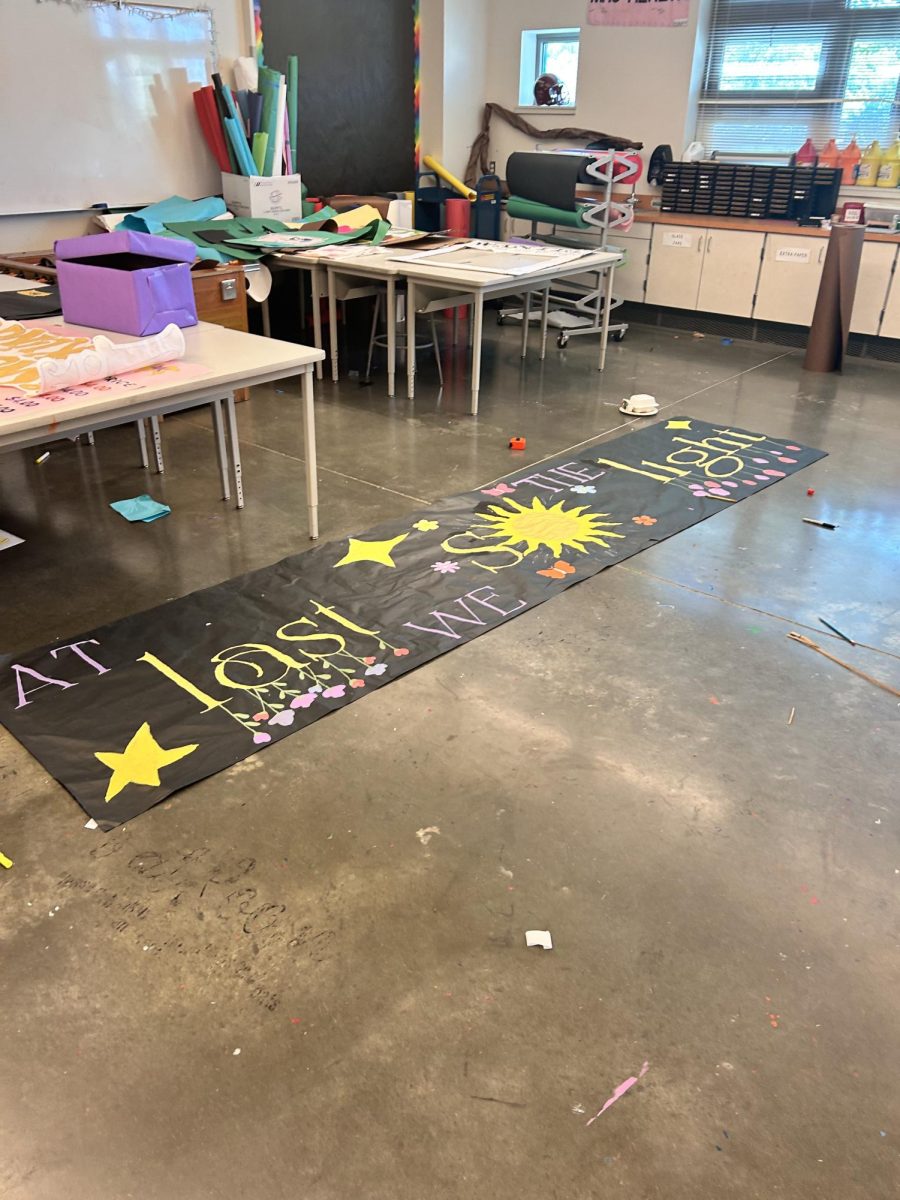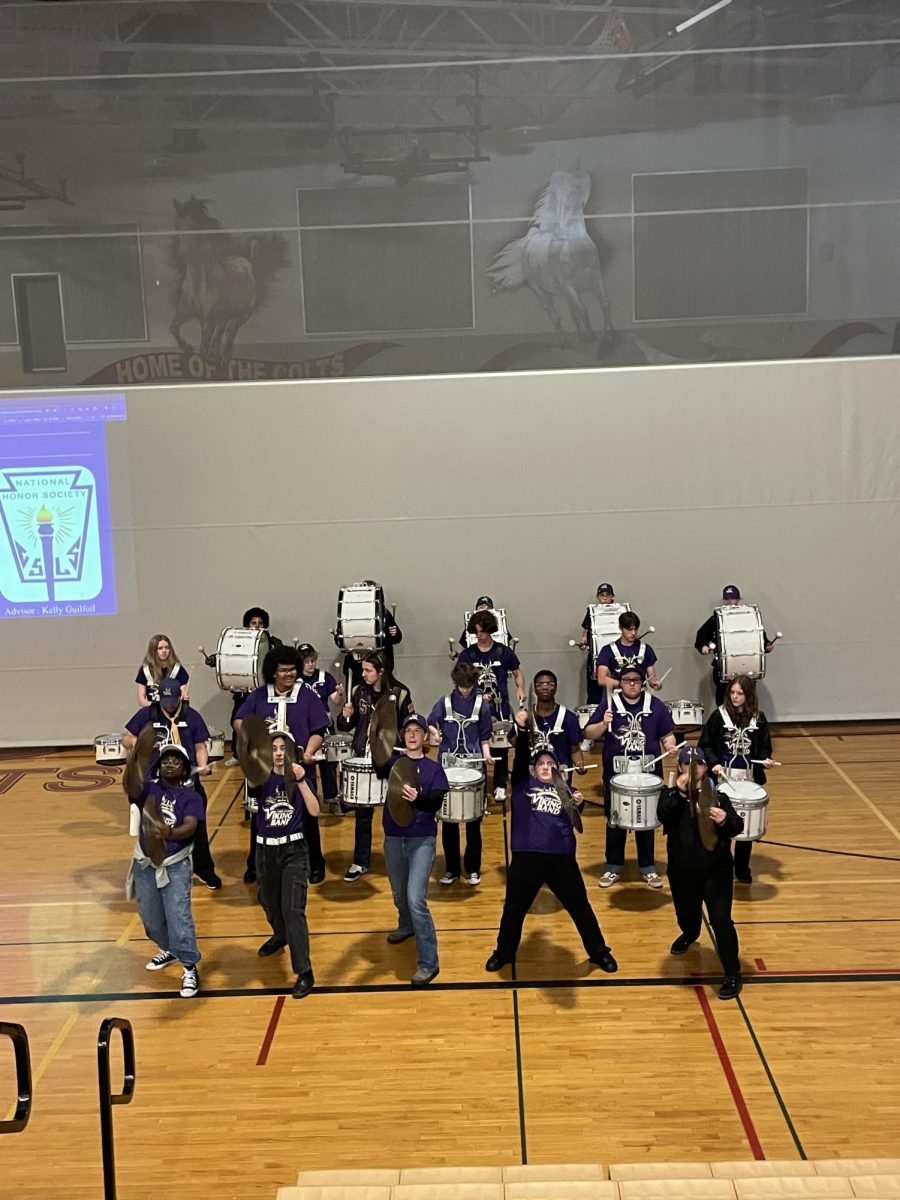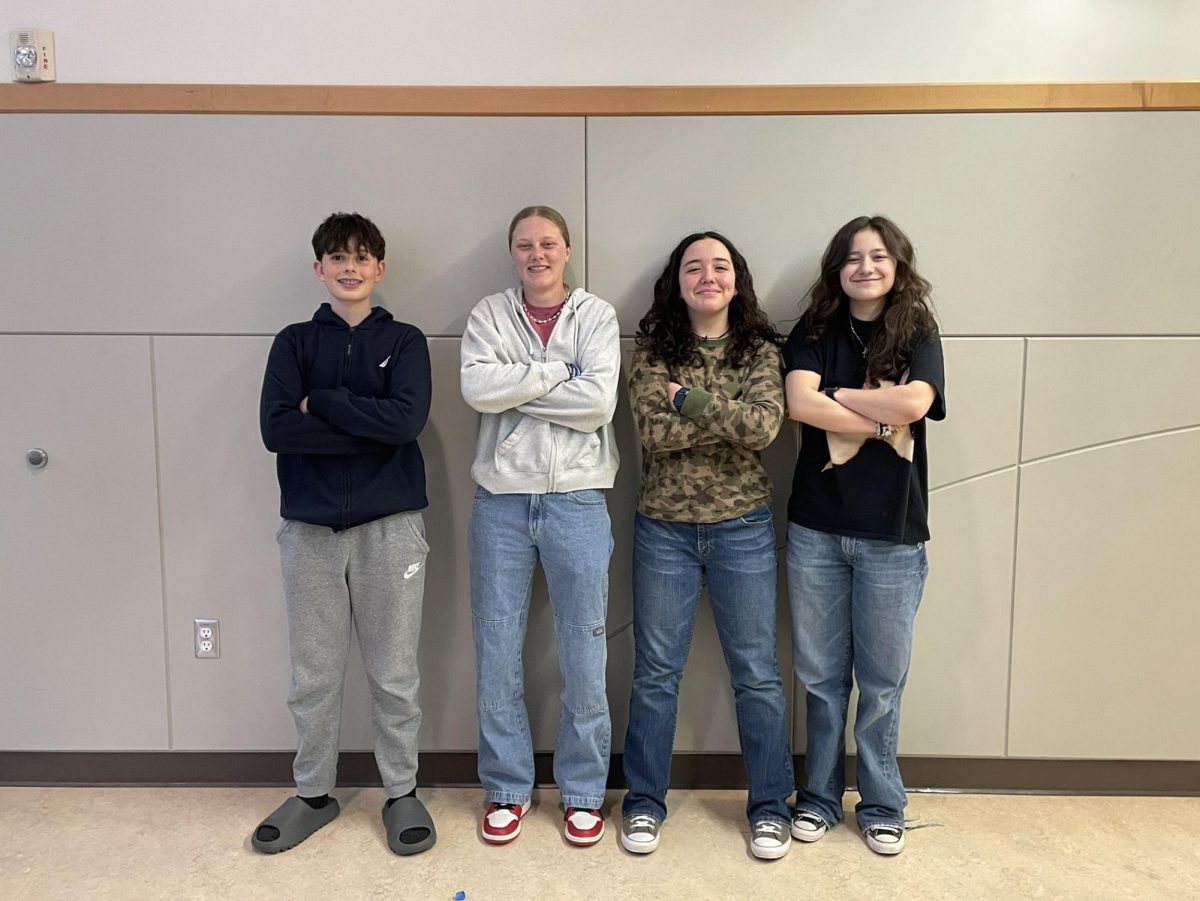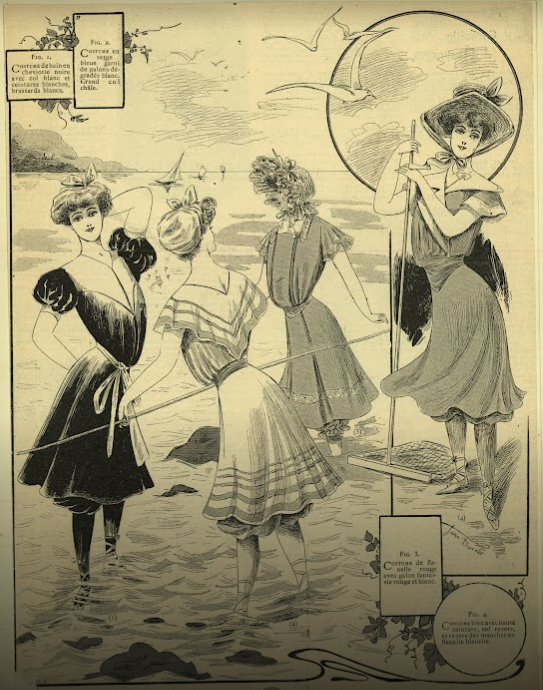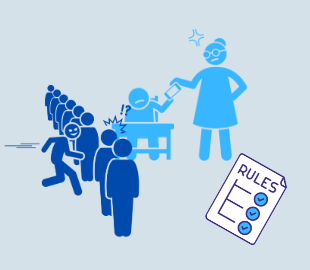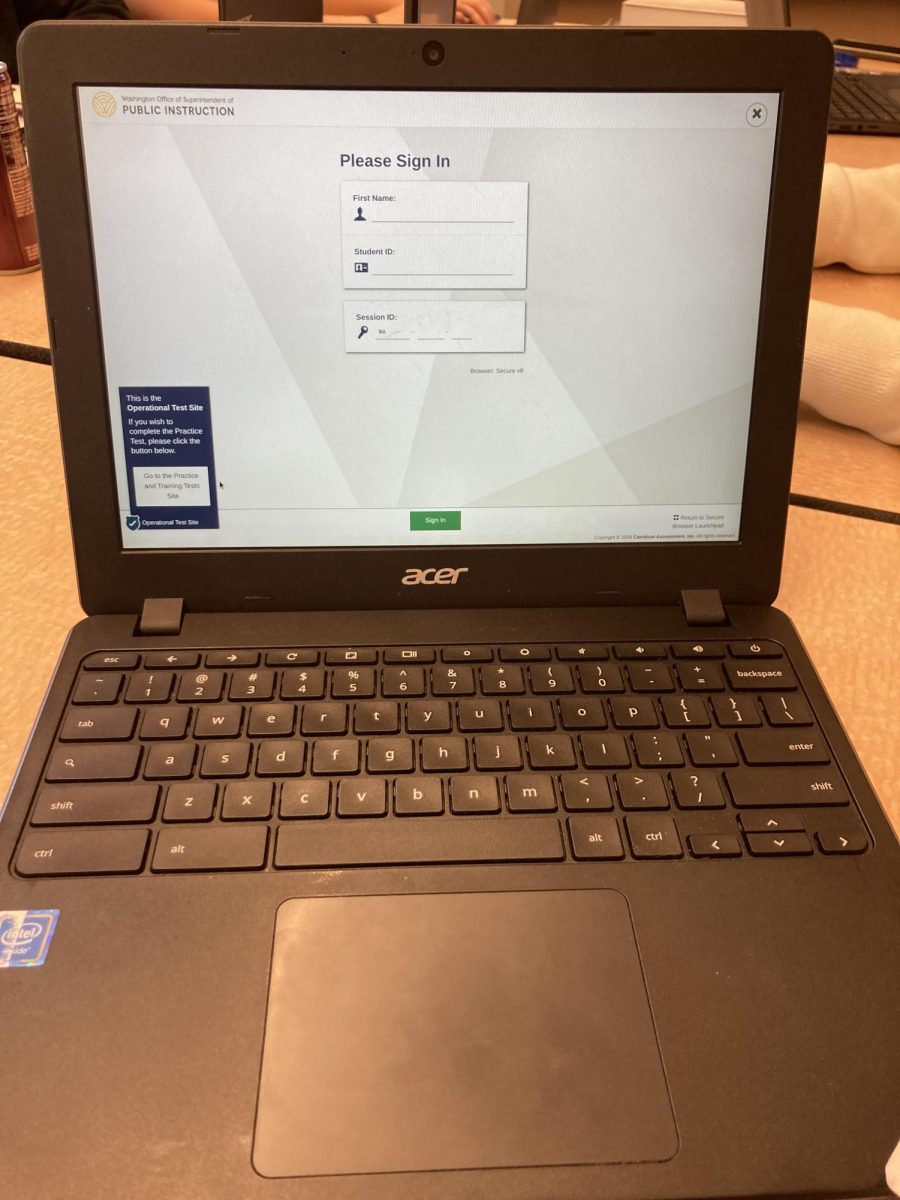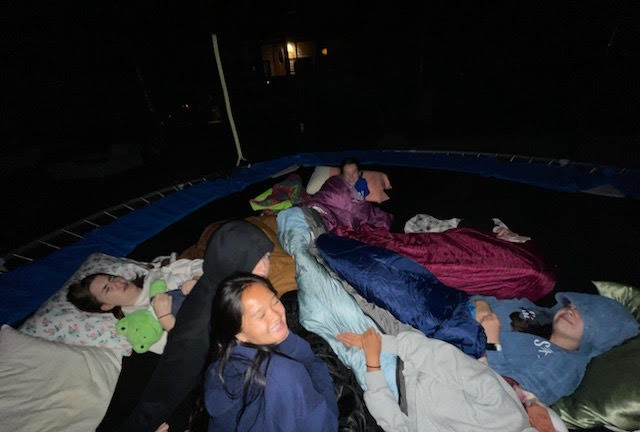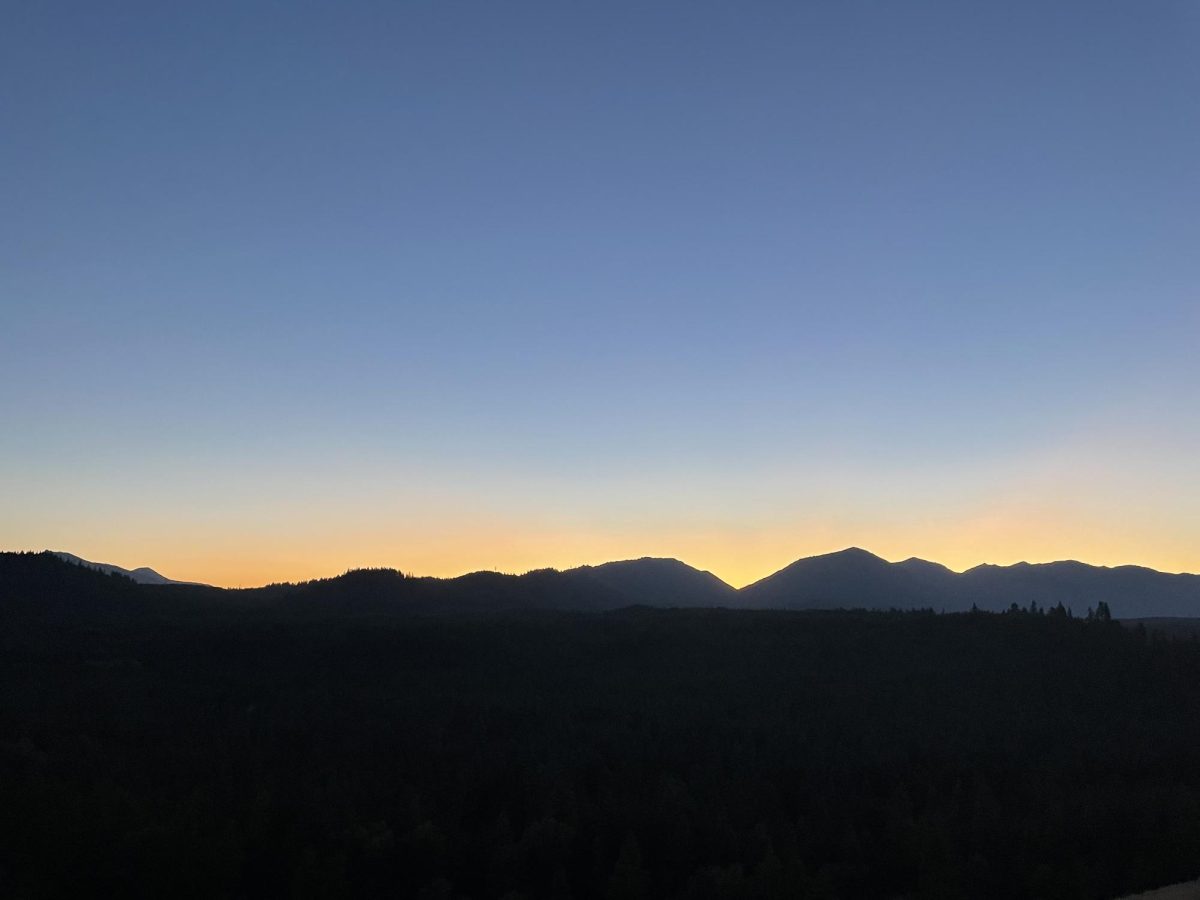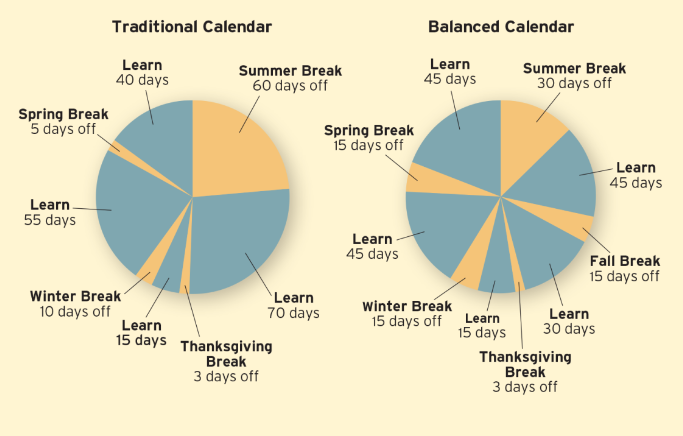After just finishing our last big break before the end of the school year, it can feel like an endless slog until we finish the school year. But what if we could get more time off? What if instead of having one, too long yet too short break, we had multiple mini-breaks throughout the year? This is the system that some people are proposing. Year-round school is a structure that has a lot of questions and intrigue, so let’s get some facts right.
Summer break is usually a student’s favorite time of the year, but that’s usually because it provides students with a much needed break from school and homework. This is what the break is supposed to be for, but it does lead to some issues when school starts back up again. The first few months of school always feel slower than the rest of the year, and it’s usually because the first chunk of the school year is dedicated to reteaching and reviewing the courses from the previous year. That’s the problem with having such a long period out of school, students aren’t practicing what they’ve learned for almost two months, so it’s no surprise that it doesn’t all come back easily. With year-round schooling, students can avoid the summer slide and get to learn new things in a much more time-efficient manner.
Year-round schooling clearly has a different schedule than the regular setup. So what type of arrangement is it? There are various versions of year-round schooling. There’s a 45-15 schedule, in which students attend school for about 45 days(with certain holidays built into the schedule) and then get a 15 day break. Then there’s a 60-20 school year schedule, similar to the 45-15, but with longer time between the breaks and more time off. The last one is a 90-30 learning schedule; this is the closest to a regular school year, just the extra summer time is extended to the winter break. The differences seem small when laid out like this, but year-round schooling has actually proven to be less stressful than a regular school year. Between all the assignments and deadlines and homework that school has, it’s understandable how teenagers can get extremely stressed out. With more frequent breaks throughout the year, students have more time to relax and not worry about the due date, like hitting the reset button. Although it has many benefits, year-round school schedules have been enacted in very low numbers due to how different the schedules for year-round and regular schools are. Washington State, however, is slowly trying to switch some of its schools over. In an article focused on the Washington year-round schooling (or “balanced calendar” as the article says) from the Center Square, author Brenden Clarey writes, “Six schools across Washington are currently on the balanced calendar. All of them have positive things to say about making the switch.” This is encouraging to hear for people who like the year-round school method; if more schools convert over to the year-round school schedule, then it could make most of the difficulties easier to manage.
As it turns out, the world doesn’t just adapt to one person’s schedule. So, although year-round schooling has lots of benefits, there are definitely some struggles to work with. Having a different schedule than the majority of schools can cause issues in district activities, such as sports. When everyone else’s schedules are the same, it’s the burden of the odd-ones-out to accommodate. This means that matches/games/meets/competitions and practices might have to be held during breaks for year-round school students. For most people this wouldn’t be too much different than a normal school sport requirement, but if more vacations are taken throughout the year because summer is shorter, it could lead to some tough decisions for the students. Another problem that year-round schooling can cause is having to find childcare for younger children. Most parents don’t have the luxury of taking as many breaks as a year-round school gives, depending on the responsibilities of their jobs. So, for parents of younger children especially, trying to arrange for someone to watch their kid for frequent breaks can be stressful and expensive. If it’s just too hard for younger kids to attend year-round school, just switch them over when they’re older, right? Some people do follow this idea, but it can create other issues as well. Imagine trying to juggle multiple schedules and after school activities, where someone always needs a ride, one kid would be out of school while one would be in. Obviously, it wouldn’t be fun.
Additionally, this could make things much more difficult for students moving between districts. One thing that is always hard is transferring schools. Having to get used to the new surroundings, the new people, maybe even new classes. Now imagine, instead of being, relatively, at the same learning as your previous school, the new school is a good two months ahead. The extra time and work this creates would be extremely difficult to manage.
After considering the ups and downs of year-round schooling, it ultimately comes down to what you need from your school experience. If you work better with frequent breaks or if you work better with long stretches to push yourself. Most schools are on a regular schedule still, but maybe one day it’ll even out more, or maybe a whole new school set up will pop up, who knows. What you now know is the facts of year-round schooling, no more rumors and gossip about it.
